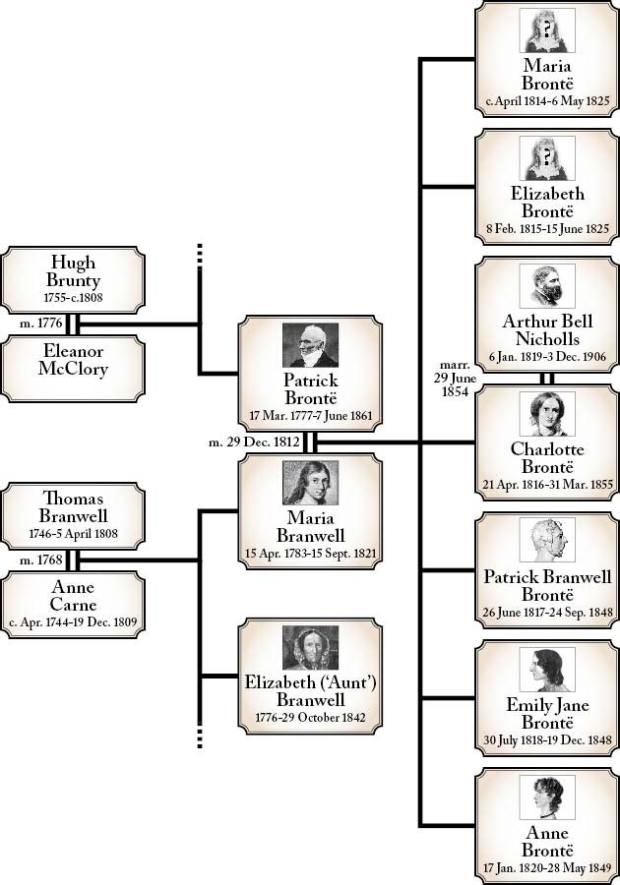During the 19th century the village people included farmers, tradesmen, drapers and dressmakers. There was always a need for skilled workers in agriculture. If landless agricultural laborers were powerless to prevent exploitation, which were forced to work long hours and the wages were low. Decrease of employment was caused by the collapse of rural industries. The concentration of manufacturing in large towns/ cola fields undermined the ‘cottage industries’. Cottage industries provided jobs for women, children and local craftsmen. This resulted in the growth of factory spinning, power-loom weaving and an undermined rural economy of the North. Leading to the fall of population in the 19th century.
Inheritance Laws
Primogeniture:
Law during the 18th century which dictated that the firstborn son would inherit the entire estate from his parents after their death. This was strictly a male dominated time period, which would imply that the female had no right to the land even after her husbands death.
If no children are present, the land would go to relatives, in order of seniority. Children of deceased older siblings would be considered over younger living siblings. Primogeniture entitles the oldest male to the totality of the inheritance.
The Brontë Family
The Brontë Family Tree. N.d. Photograph. Wuthering Heights Web. 8 May 2013. <http://wuthering-heights.co.uk/bronte-genealogy.htm>.
Patrick and Maria Brontë had a total of six kids during their life; (in order of birth) Maria, Elizabeth, Charlotte, Branwell, Emily, and Anne. Seven years after baby Maria’s birth, Maria (her mother) died. About three years after their mother’s death, Maria, Elizabeth, Charlotte, and Emily were all sent to Cowan Bridge School. While there, the school had an outbreak of tuberculosis and Maria and Elizabeth fell ill and died. Immediately afterwards, Charlotte and Emily were sent back home.
Patrick Brontë, the only brother amongst the Brontë’s, was hoped to be either a poet or a journalist. however, he was sent to London to attend the Royal Academy Schools. While there, instead of learning as originally planned, Patrick spent many nights roaming the streets of London after spending his money on large quantities of alcohol. After failing at painting portraits and working on railroads, Patrick went to work as a tutor in the Robinson Family. Unfortunately, he was fired after having an affair with Mrs. Robinson. Patrick died at age 31.
While Patrick was in London, his three remaining sisters began writing. Charlotte wrote Jane Eyre, Shirley, Villete, and The Professor. Emily wrote Wuthering Heights. Anne wrote Agnes Grey and The Tenant of Wildfell Hall. The Brontë sisters also wrote a collection of poetry known as Poems by Currer, Ellis, and Acton Bell. The three girls had to go by masculine names, in hopes that their works would be published. Due to them being women, no one would’ve taken their writing seriously.
In December of 1948, Emily died of tuberculosis. Soon after, Anne also fell ill with tuberculosis and shortly after, died. Patrick, their father, and Charlotte were the last remaining members of the Brontë family.
After this, Charlotte began spending a great deal of time with her father’s curate, Reverend Arthur Bell Nicholls. They married on June 29 of 1854. One year afterwards, Charlotte fell ill with tuberculosis and died. Patrick Brontë ended up living alone with Reverend Arthur, whom took care of him, as per Charlotte’s dying wishes. At age 84, Patrick died after outliving his entire family.
The British Romanticism Movement
Carpe diem . . . seize the day. One of the most prominent ideas during the romantic era was living life to the fullest.
Romanticism is the expression of ideas of freedom and individuality. During the late 18th century, many people began to break out of the previous ways they had been taught. Coming out of the Age of Enlightenment, there were many philosophers that are a large part of the romanticism period. Romanticism was a reaction to the Age of Reason. There was rebellion against following rules that had previously been in place.
Emotions are highly important in the romantic period. William Blake described it as, “the spontaneous overflow of powerful feelings.” It was all about the individual’s emotions being expressed.
Art, as the product of individual creation, is highly prized. Many Romantics “found admirers read to hero-worship the artist as a genius or prophet” (Baldick 223)
Prominent Writers
William Blake (1757 – 1827)
Famous works: Songs of Innocence and of Experience, The Marriage of Heaven and Hell, The Four Zoas, Jerusalem, & Milton a Poem
William Wordsworth (1770 – 1850)
Famous works: Lyrical Ballads, Poems in Two Volumes, The Excursion, & The Prelude
Samuel Taylor Coleridge (1772 – 1834):
Famous works: The Rime of the Ancient Mariner & Kubla Khan
Lord Byron (1788 – 1824)
Famous works: Don Juan & The Curse of Minerva
Percy Bysshe Shelley (1792 – 1822)
Famous works: The Masque of Anarchy, To a Skylark, & The Elysian Fields: A Lucianic Fragment
John Keats (1795 – 1821)
Famous works: To Autumn & O Solitude
Nathaniel Hawthorne (1804-1864)
Famous works: Young Goodman Brown & The Scarlett Letter
Walt Whitman (1819-1892)
Famous works: Democratic Vistas & Leaves of Grass
Famous works: The Raven & A Dream Within a Dream
Henry Wadsworth Longfellow (1807-1882)
Famous works: Voices of the Night & The Seaside and the Fireside
Also in the romanticism movement:
Mary Shelley (1797-1851)
Samuel Taylor Coleridge (1772-1834)
Herman Melville (1819-1891)
William Cullen Bryant (1794-1878)
James Fenimore Cooper (1789-1851)
Washington Irving (1783-1859)
James Russell Lowell (1819-1891)
John Greenleaf Whittier (1807-1892)


















